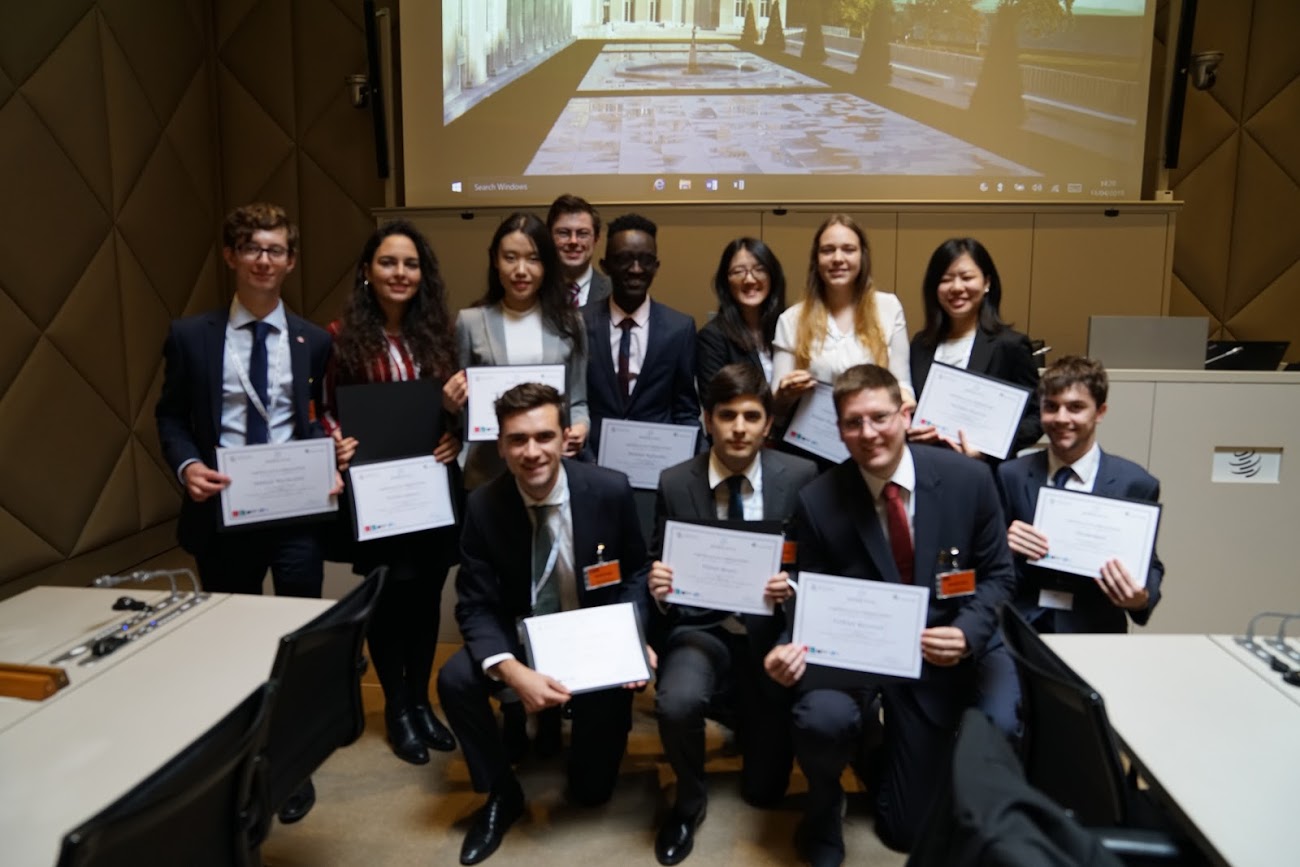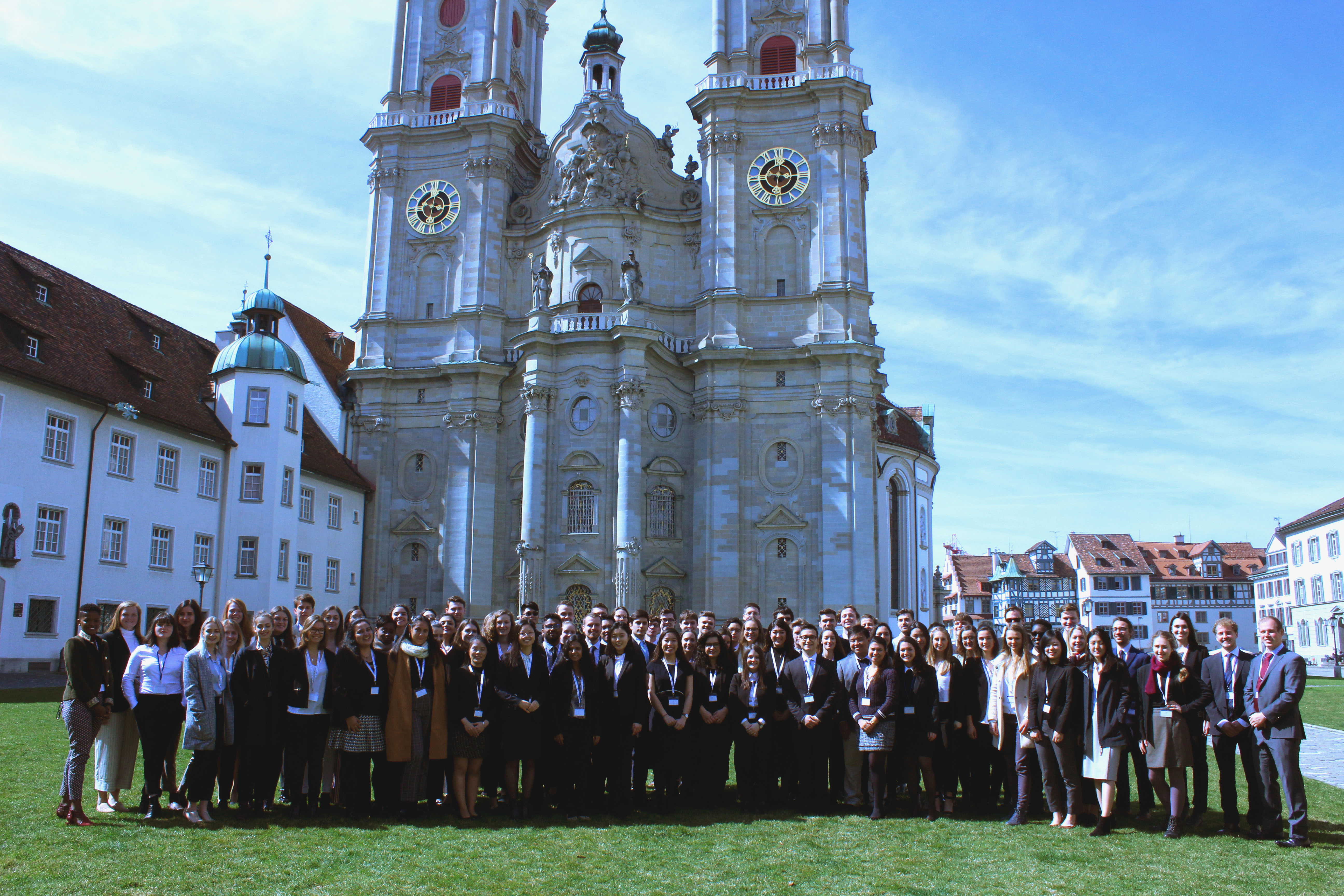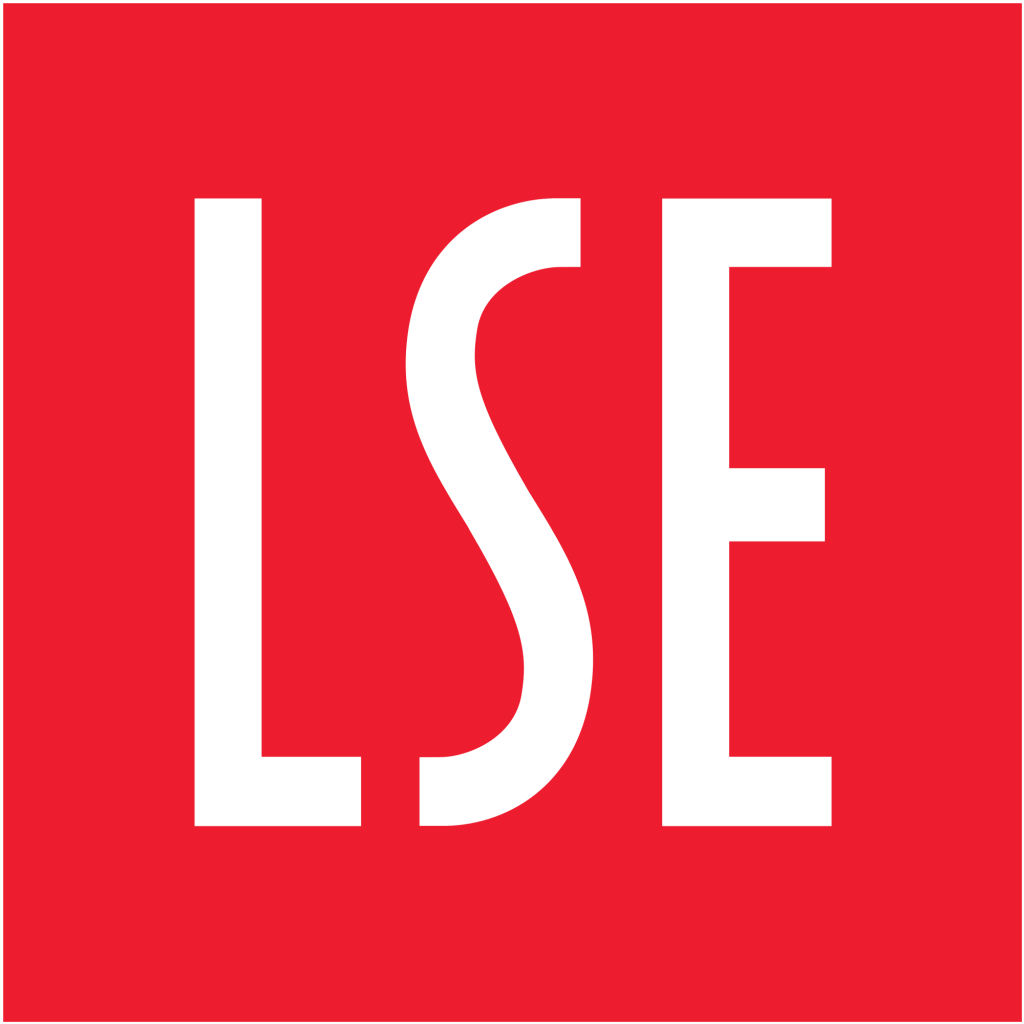
Earlier this year, I participated in the Model WTO 2019, a week-long simulation of WTO negotiations held in St. Gallen and Geneva, Switzerland. The conference was organised by students of University of St. Gallen with the support of WTO. 70+ of master and undergraduate students from 23 countries, including three other LSE students, were assigned to twelve countries and six committees. This year’s topic was “The Reform of the WTO“, focusing on actual WTO challenges such as disputes avoidance, value of committee, transparency and so on. I acted as a representative of Switzerland and participated in a committee on “WTO member classification and differential obligation“. The week-long conference included a keynote lecture by a senior counselor of the WTO and negotiation workshop on the first day, and then three-day negotiation rounds in St. Gallen. After moving to the west end of the country, Geneva (by night bus), we then had opportunities to talk with ambassadors or permanent representatives of mission of each country and WTO secretariats. We also received feedback on our resolutions from professionals and scholars on world trade.
I applied to attend this conference due to my growing interest in trade policy. Since starting the MPA last year, I have grown more interested in the importance of the world multilateral trading system. This has been eye-opening for me, as prior to the MPA, I worked mostly in sports marketing/event management, which is quite different from trade policy field. (Football doesn’t have tariffs!). I was also motivated by the strong negotiation and presentation skills of my fellow MPAers, which are on daily display, in class.

Questions have been raised recently in global policy circles about the value of the WTO. The WTO is facing an unprecedented challenge from the global resurgence of protectionism. We started the negotiation rounds keeping in mind that our resolution would possibly influence on the future reform of WTO because we would be able to submit our resolutions to the WTO secretariat and delegations of some countries.
In our groups, we discussed the criteria of developed, developing, and least-developed (LDCs) countries, and provision of Special and Differential Treatment (SDT). The WTO agreements need consensus. Each of us had to make concessions rather than form coalition with specific countries. During the three-day intensive meetings, we saw bitter fighting between the model US and China delegates, conflicting opinions between developed and developing countries and also fruitful negotiation for compromise. In order to reach consensus, we clarified conditions and incentives for agreements, and then let the conflicting parties (US and China) have a joint meeting with heads of delegation. They reached agreements by using trade-offs between member classification and dispute settlement issues. In our committee, we agreed on the implementation of a time frame, i.e. countries will self-declare a specific duration with the potential of an extension. The date can be contested by other Members with justification.
In the WTO headquarters in Geneva, we had a feedback session from a WTO secretariat, who is responsible for LDCs and developing countries. He gave us critical and useful comments on both substance and style. We learnt that making agreements in the real world is much harder than our model WTO setting.
In addition to this committee work, we, the six members of Swiss delegation, had an opportunity to talk via Skype with Swiss mission about its position on the topic. This helped us to negotiate with other delegates and to come to a joint resolution. After the negotiation rounds, we visited the Swiss mission in Geneva and presented our resolution to receive feedback. Other delegations also spoke with their missions.

We invited many speakers including the Deputy Director-General Xiaozhun Yi and permanent missions of the United States, Canada and Jamaica. We also listened to the panel discussion about “Trade and Gender”, which is a newer topic which many WTO member states are becoming increasingly interested in. While the importance of women’s economic empowerment is increasingly recognised in trade policy and agreements, women’s economic participation is still low in both developing and developed countries. (It is a big issue in my country, Japan, as well). The WTO takes initiative by offering technical assistance and work programmes through the Aid for Trade scheme etc. The discussion from different perspective encouraged us think of how the trade negotiations would connect to and make impact on people’s lives.
The special week in Switzerland was amazing experience for me. I learnt that trade policy needs legal, economic and political knowledge and skills and that making resolutions should be a collaborative enterprise with members from diverse backgrounds. I feel that both specialty and interdisciplinary knowledge, as well as soft skills, are crucial. I was motivated to learn more and acquire skills to become a great policy maker or negotiator following my time in the MPA.
I appreciate this great practical opportunity and, above all, it was pleasure to meet with wonderful people there!

Author: Sachiko Kureta, a current MPA first year student.



